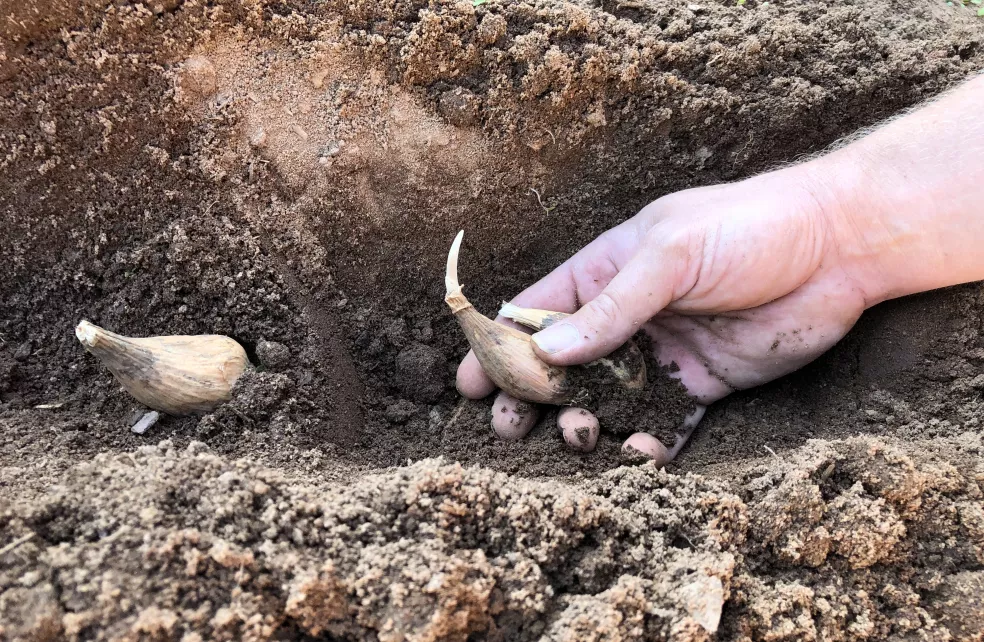World Soil Day at Historic Columbia
Thursday, December 5th 2019

December 5, 2019 is World Soil Day! Soil health is at the center of both good gardening and healthy ecosystems. With pressures like rapid development and a changing climate, it is more important than ever to prioritize the creation and maintenance of good soil. Here at Historic Columbia, we support soil health in a number of ways, all of which can be employed by homeowners to boost the performance of their gardens while also supporting healthy wildlife communities.
We maintain several large grass lawns, but instead of bagging the grass clippings, we allow them to settle back into the grass, supporting healthy soil by feeding insect and fungal communities and saving the fuel required to blow them away or haul them off. Leaving or maintaining bare earth is one of the most damaging situations for soil, often leading to nutrient leaching and significant erosion. We design our ornamental plantings to have at least one if not several layers of foliage present when the plants are mature, so that the soil is able to absorb more rain more slowly and hold that moisture longer. If you come visit our gardens, you’ll notice a great deal of hardwood mulch is used where there would otherwise be bare earth. Mulch, applied at the ideal thickness, is excellent at retaining soil moisture and jump-starting fungal activity in the soil biome. All of Historic Columbia’s plantings are also supported by irrigation systems that are easily modified, allowing for both ideal plant growth and erosion prevention.
Industrial agriculture is possibly the largest threat to world soil health. Organic and no-till systems, however, work to improve and build soil through crop rotations, cover crops, and by utilizing heirlooms crops that require less fertilizer and are better adapted to regional climates. Historic Columbia promotes the resurgence of organic agriculture and southern heirloom crops by growing them in our vegetable gardens at the Robert Mills House, supplying seed to local farmers directly, and through the Seed Library we started in partnership with Richland Library. We also work with Slow Food Columbia to promote the use of Ark of Taste crops in community gardens and local restaurants. Historic Columbia, in cooperation with food historian David Shields, was also instrumental in adding the Herbemont Grape, created in Columbia in the early 19th century, to the Ark of Taste.